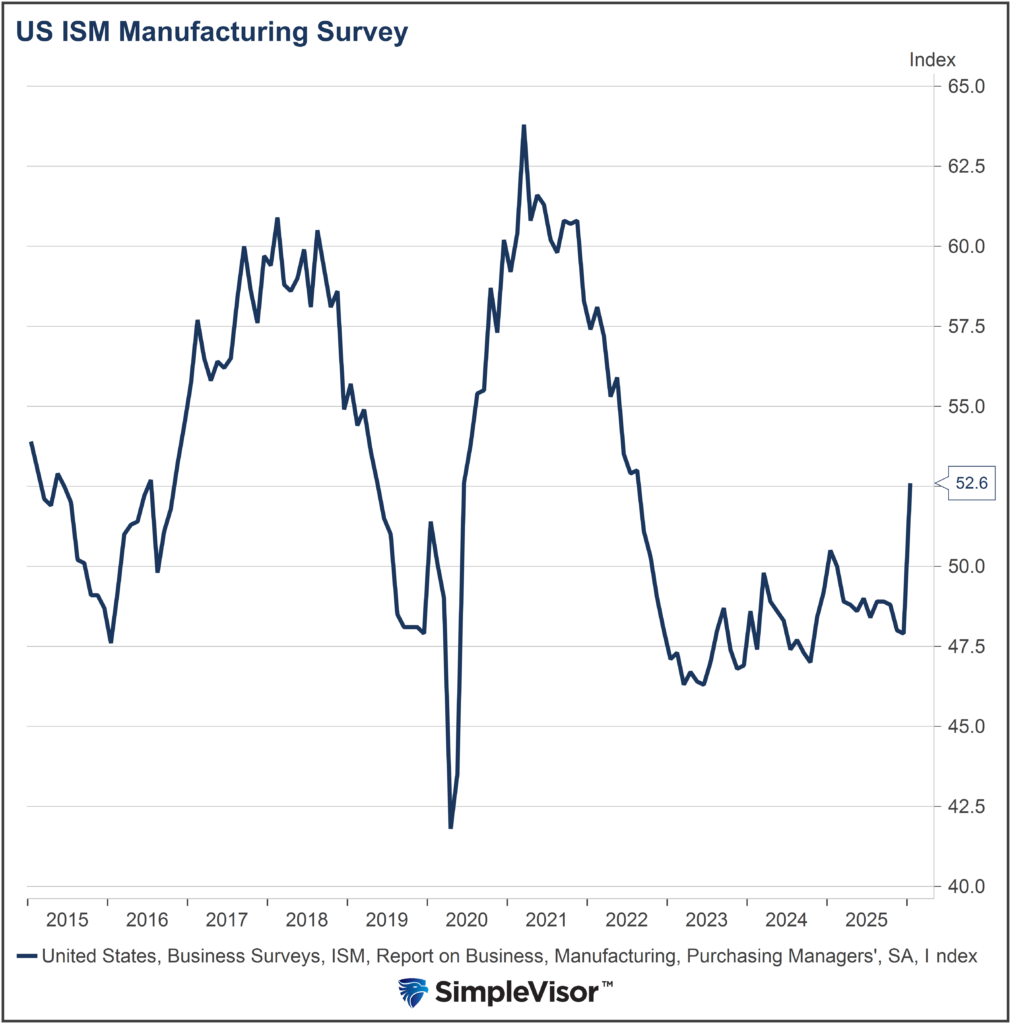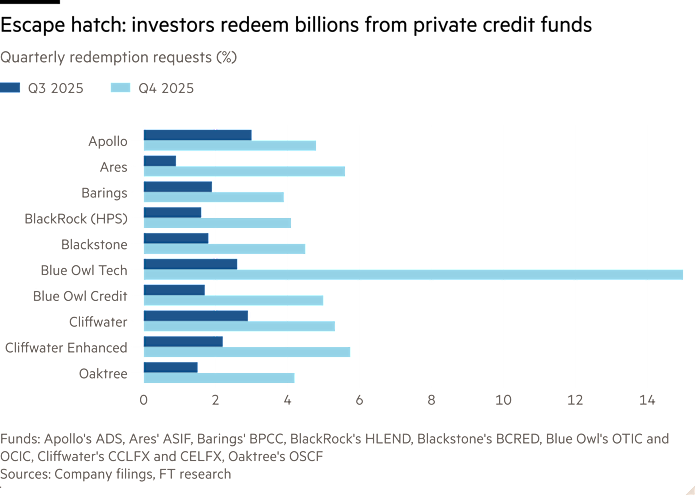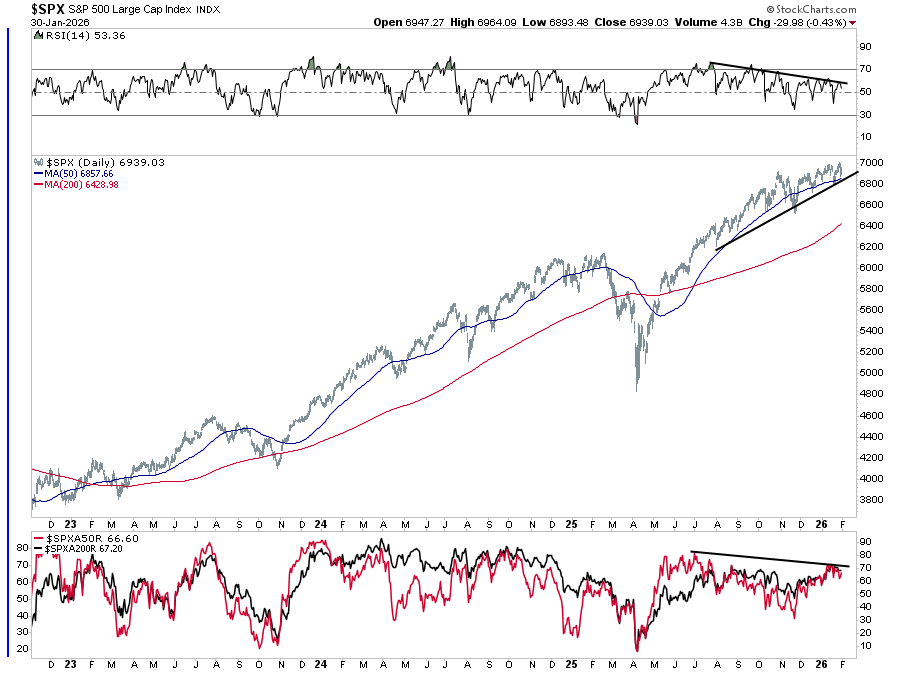
Switzerland and Britain are talking of closer cooperation as two major economies that are not part of the EU. © Keystone / Peter Schneider
Switzerland and Britain are thrashing out a post-Brexit financial services treaty that is being billed as a global standard for common sense. It also takes aim at perceived EU inflexibility that has seen the Swiss stock market frozen out of European markets.
The proposed treaty to “deepen cooperation” on a whole range of financial services will be based on “outcomes”. This means it will be less about matching the precise wording of each country’s regulatory code than agreeing on broader objectives.
“This looks at the spirit and result of financial regulation rather than focusing on comprehensive harmonisation,” said Jan Atteslander, head of international relations at the Swiss Business Federation, economiesuisse. “This was the standard way of reaching agreements for many years before the EU’s harmonisation approach. It still is the approach outside of Europe.”
Harmonising Swiss financial regulations with European Union updates has proved a cumbersome task over the last few years. It has not been helped by political tensions between the two sides, most notably by Swiss voters deciding to limit immigration in a 2014 referendum – an issue that comes back to the ballot box later this month.
The outcome of this bad blood was the Swiss stock exchange being thrown out of the EU market in 2019. Switzerland immediately responded with a tit-for-tat measure. A deal to allow the Swiss stock market to operate in Britain (and vice versa) could help ease this bitter pill.
In June, the Swiss and British finance ministers signaled their intent to start negotiating a deal that could “serve as a possible template for international cooperation in the area of financial services.”
The goal is to find “mutual recognition” that each side intends to allow business to flow freely while protecting consumers and weeding out bad actors. Mutual recognition is another term for trust – that the other side thinks the same way about regulations and will continue to do so.
Enthusiastic reception
The Swiss Bankers Association (SBA) welcomed the statement of intent, particularly as it opens the possibility of enhanced access of Swiss private bankers to wealthy British clients. The insurance and fund management industries are also eager for cross-border barriers to be removed.
Striking a deal that encompasses a wide spectrum of issues – from movement of workers to payments, new digital technology, consumer protection, tax evasion, market access and more – will be no walk in the park.
While the SBA relishes the prospect of “a great deal of liberalisation”, it also recognises that the proposed deal “sets ambitious goals and their implementation will be challenging”.
Catherine McGuinness is Chair of the Policy & Resources Committee at the City of London Corporation – an organisation that represents the interests of financial players in the British capital. She senses a “real enthusiasm on both sides to deepen what is already a very good relationship between the UK and Switzerland”.
She acknowledges that there are some potential sticking points to getting a deal done, in areas such as mutual recognition of financial qualifications in each country. Finding a speedy way to enhance the free movement of financial workers between both countries will be another key test.
“We will never have identical regulations, we will have differences,” she said. “So it’s more natural to look at whether we are achieving the same outcomes. What’s best for business and consumers is having services delivered safely with appropriate regulations that meet the risks of the business.”
Setting global standards
McGuiness is confident that negotiations with Switzerland will prove more fruitful than the current “paralysis” between Britain and the EU.
And she believes that a common understanding between Switzerland and Britain on global issues will give them a greater voice at the international table when setting financial rules. One example she offers is the effort to harmonise global standards for Environmental, Social and Corporate Governance (ESG) finance – or “ethical investing”.
No date has been set for when the Swiss-British treaty on financial services will be completed but an interim assessment will be made public at the end of 2020.
Post-Brexit future commerce
On October 28, swissinfo.ch will moderate a high-level panel discussion entitled “Beyond Brexit: the Future of Commerce”. The event, staged in Zurich by the British-Swiss Chamber of Commerce, will examine the impact of Brexit on trade with Switzerland.
The panel will consist of Swiss National Bank board member Andrea Maechler, former British trade secretary Liam Fox, Baker McKenzie EMEA+ CEO Fiona Carlin and Switzerland’s former chief negotiator with the EU Michael Ambühl.
There will soon be two large European financial powers outside of the EU that share common economic interests on the global stage. Will this result in closer cooperation between Switzerland and Britain, and if so, what impact will this have on the two countries, the rest of Europe and the wider stage?
Tags: Featured,newsletter,Politics



































